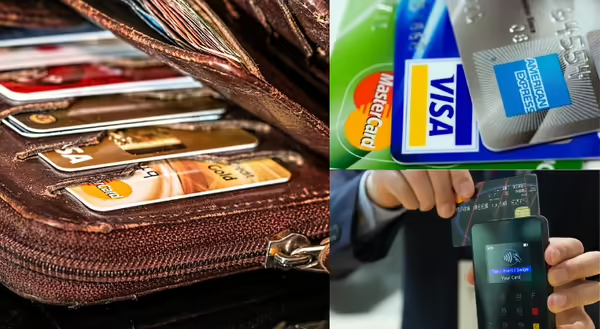
Credit Cards are a wonderful financial tool if you’re aware of their pitfalls. The unfortunate problem is that people can get themselves in trouble by excessively using their credit cards beyond their means and being unable to pay their bills.
First, what is a credit card? A credit card is a credit account that is used to take a short, 30-day loan interest-free. At the end of the month, you’re expected to pay at least a minimum payment to show that you’re keeping up with payments. Sounds fine and dandy, right? Yes! Except for the fact that if you’re not paying your statement balance (the entirety of what you spent that month) you’re going to be paying extreme interest on all of that borrowed money!
According to a NerdWallet study, the average balance on credit cards is $15,482. The average American family is then paying $904 dollars in interest per year on their borrowed money, according to NerdWallet. Don’t fall into this trap. You end up paying more than the thing cost in the first place.
Credit cards are great, you just need to be responsible, as it’s not free money. Personally, I set up automatic billing to pay the statement balance each month. You need a strategy otherwise you may let yourself falling behind becomes a habit, and it will take work and mental effort to get out of.
So get ahead of this costly mistake, pay your credit card bills in full. They’re great tools, they offer consumer protection, cashback, and rewards. Just make sure you’re not trying to get $5 in cashback, but end up losing $3000 a year due to the majestic plastic.
Written by Matthew Williams, Financial Wellness for College Students Peer Educator, University of Illinois Extension, Fall 2019. Reviewed by Kathy Sweedler, University of Illinois Extension.